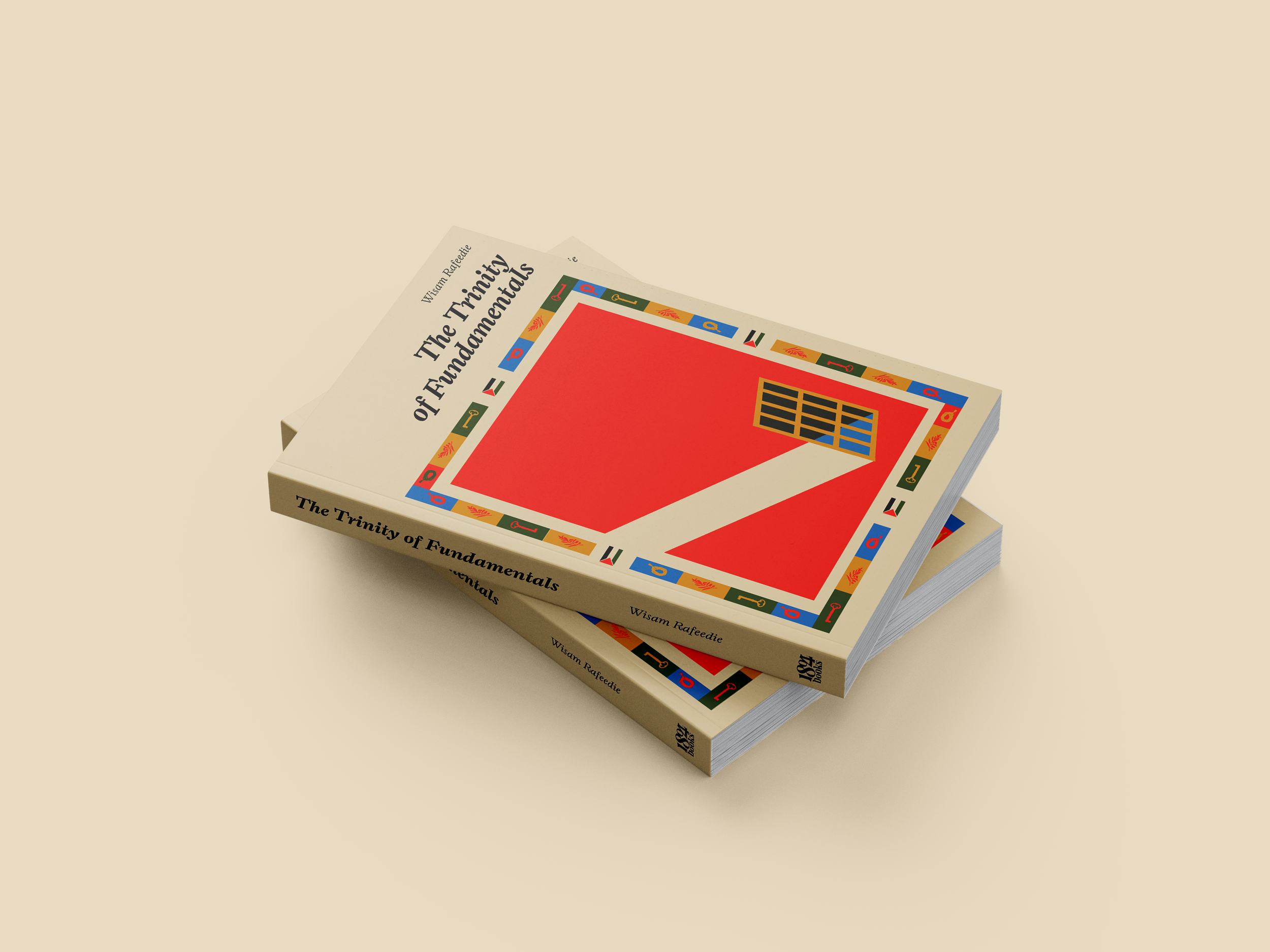Linda Sarsour, co-organizer of the Women’s March, shares an “unforgettable memoir” (Booklist) about how growing up Palestinian Muslim American, feminist, and empowered moved her to become a globally recognized activist on behalf of marginalized communities across the country.
On a chilly spring morning in Brooklyn, nineteen-year-old Linda Sarsour stared at her reflection, dressed in a hijab for the first time. She saw in the mirror the woman she was growing to be—a young Muslim American woman unapologetic in her faith and her activism, who would discover her innate sense of justice in the aftermath of 9/11. Now heralded for her award-winning leadership of the Women’s March on Washington, Sarsour offers a “moving memoir [that] is a testament to the power of love in action” (Michelle Alexander, author of The New Jim Crow).
From the Brooklyn bodega her father owned, where Linda learned the real meaning of intersectionality, to protests in the streets of Washington, DC, Linda’s experience as a daughter of Palestinian immigrants is a moving portrayal of what it means to find one’s voice and use it for the good of others. We follow Linda as she learns the tenets of successful community organizing and through decades of fighting for racial, economic, gender, and social justice, as she becomes one of the most recognized activists in the nation. We also see her honoring her grandmother’s dying wish, protecting her children, building resilient friendships, and mentoring others even as she loses her first mentor in a tragic accident. Throughout, she inspires you to take action as she reaffirms that we are not here to be bystanders.
In this “book that speaks to our times” (The Washington Post), Harry Belafonte writes of Linda in the foreword, “While we may not have made it to the Promised Land, my peers and I, my brothers and sisters in liberation can rest easy that the future is in the hands of leaders like Linda Sarsour. I have often said to Linda that she embodies the principle and purpose of another great Muslim leader, Brother Malcolm X.”
This is her story.
Linda Sarsour, co-organizer of the Women’s March, shares an “unforgettable memoir” (Booklist) about how growing up Palestinian Muslim American, feminist, and empowered moved her to become a globally recognized activist on behalf of marginalized communities across the country.
On a chilly spring morning in Brooklyn, nineteen-year-old Linda Sarsour stared at her reflection, dressed in a hijab for the first time. She saw in the mirror the woman she was growing to be—a young Muslim American woman unapologetic in her faith and her activism, who would discover her innate sense of justice in the aftermath of 9/11. Now heralded for her award-winning leadership of the Women’s March on Washington, Sarsour offers a “moving memoir [that] is a testament to the power of love in action” (Michelle Alexander, author of The New Jim Crow).
From the Brooklyn bodega her father owned, where Linda learned the real meaning of intersectionality, to protests in the streets of Washington, DC, Linda’s experience as a daughter of Palestinian immigrants is a moving portrayal of what it means to find one’s voice and use it for the good of others. We follow Linda as she learns the tenets of successful community organizing and through decades of fighting for racial, economic, gender, and social justice, as she becomes one of the most recognized activists in the nation. We also see her honoring her grandmother’s dying wish, protecting her children, building resilient friendships, and mentoring others even as she loses her first mentor in a tragic accident. Throughout, she inspires you to take action as she reaffirms that we are not here to be bystanders.
In this “book that speaks to our times” (The Washington Post), Harry Belafonte writes of Linda in the foreword, “While we may not have made it to the Promised Land, my peers and I, my brothers and sisters in liberation can rest easy that the future is in the hands of leaders like Linda Sarsour. I have often said to Linda that she embodies the principle and purpose of another great Muslim leader, Brother Malcolm X.”
This is her story.















